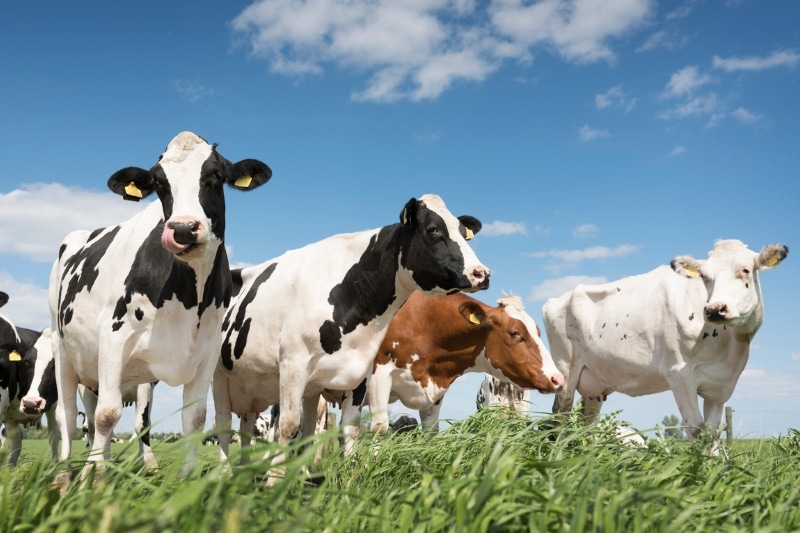Poland’s agriculture ministry has just announced that 11 beef-processing companies in Poland have been granted authorization to export beef meat and beef offal to Thailand. The companies received permission to export to Thailand for the next three years. The permit was issued as a result of an audit by the Thai services in 2022.
It should be highlighted that shipments of Polish beef will be possible after having obtained a veterinary certificate in Thailand. Currently, this document is being developed at the Chief Veterinary Inspectorate based on the veterinary requirements of Thailand, in collaboration with the Embassy of the Republic of Poland in Bangkok.
Beef consumption is increasing in Thailand, at about 170,000 tons per year, with per capita consumption at around 1.8 kilograms annually. Beef is consumed less frequently by Thais than chicken, pork, or fish. It is often consumed as a treat for special occasions. However, beef consumption has been increasing and can now be found on the menu at more and more restaurants and is growing more popular among home cooks.
It has been reported that around half of the beef consumed in the Thai market is considered generic beef. Marbling is not a necessary attribute, and tenderness tends to be less important to this consumer segment. On the other hand, medium-quality beef or mid-value beef is commonly sold in fresh markets, supermarkets, hotels, and restaurants and is a strong market for beef consumption in Thailand. Premium or high-quality beef, which accounts for only 1% of the total beef market, is generally sold in supermarkets, hotels, restaurants, and online butcher shops. Demand for premium beef has been increasing over the last few years. Not only is cattle production in Thailand not enough to meet demand, but domestically produced beef does not usually have the characteristics to be considered premium.
(Sources: The First News; Warsaw Point)

